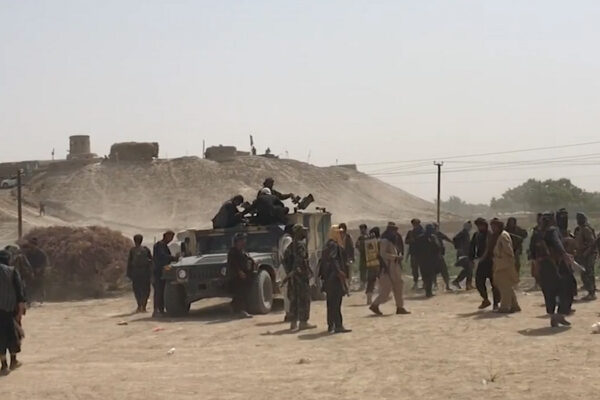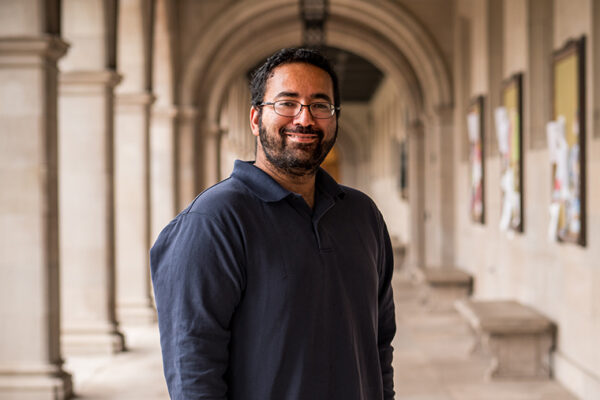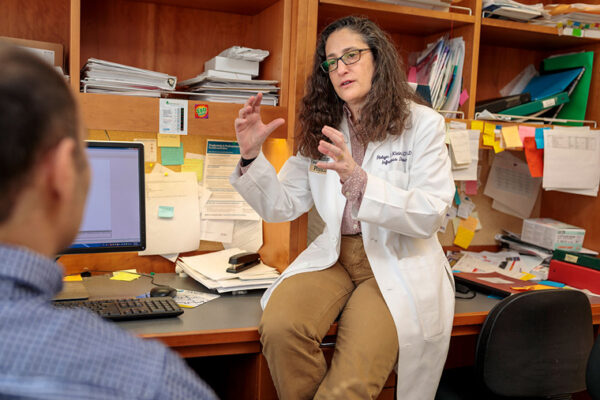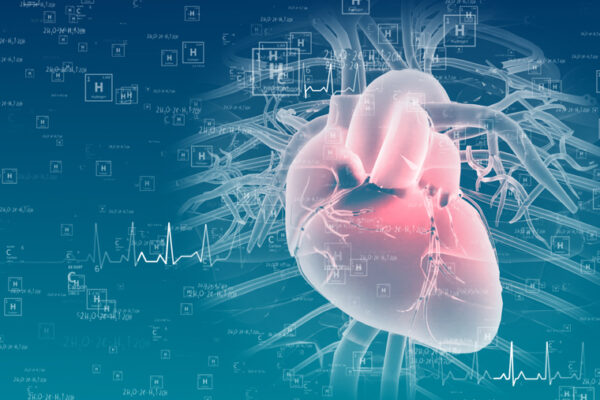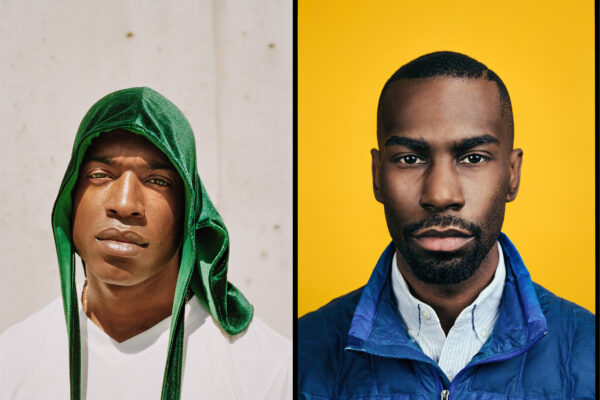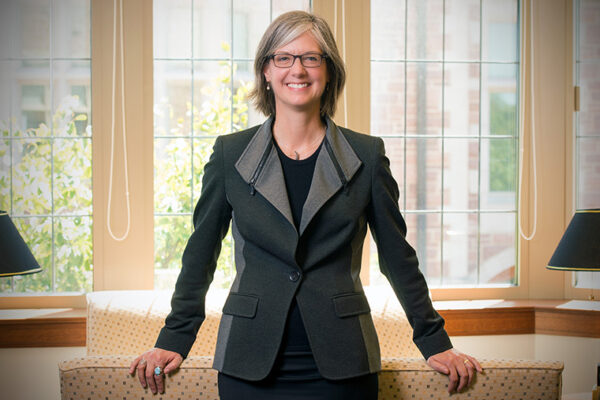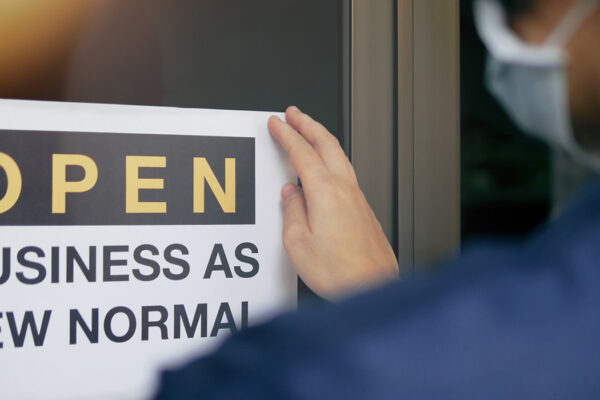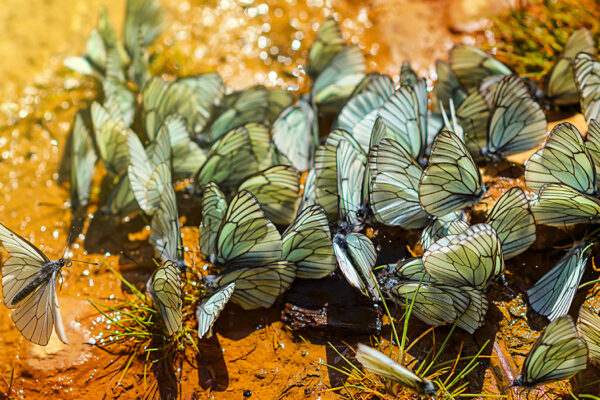Afghanistan crisis was a predictable catastrophe
Without international pressure, the power-sharing agreement between Kabul and the Taliban was doomed, according to research by William Nomikos, assistant professor of political science in Arts & Sciences. But the political cost of continued occupation was too great.
Physicist Mukherji awarded $1.97 million to study cellular design
Understanding how a cell commits resources to building new parts — and eventually divides into two cells — is the focus of a new grant for Shankar Mukherji, assistant professor of physics in Arts & Sciences. The research is funded by the National Institutes of Health (NIH).
Memory disorders after viral infections focus of $8.7 million grant
The School of Medicine’s Robyn Klein, MD, PhD, has received an $8.7 million grant from the National Institutes of Health (NIH) to investigate how viruses may cause diseases of “pathological forgetting.”
Plunkonomics: How business scientists studied baseball’s beanings for workplace parallels
Three business scientists, including two at Olin Business School, pored over 20 seasons of Major League Baseball hit-batsman statistics to reach some intriguing data and conclusions with implications off the field and in the office.
Variations in sodium channel molecular composition may drive drug efficacy
Washington University’s Jonathan Silva and Jeanne Nerbonne led a team that found that two drugs sometimes prescribed to treat arrhythmias affect heart atria and ventricles differently depending on the molecular composition of the sodium channels expressed.
‘The Outwin: American Portraiture Today’
Immigration, the fight for social justice, the lives of vulnerable populations. In “The Outwin: American Portraiture Today.” 45 contemporary artists — selected by jury from more than 2,600 entries — explore a wide range of artistic approaches while responding to current social and political contexts. Organized by the Smithsonian’s National Portrait Gallery, the exhibition is on view this fall at WashU’s Mildred Lane Kemper Art Museum.
Research to explore how genes, other factors affect cardiometabolic disease risk
With an $8.8 million grant from the National Institutes of Health (NIH), researchers at Washington University School of Medicine will study how an individual’s risks of cardiometabolic diseases are influenced by the interaction of specific genes with demographic and lifestyle factors.
Staudt to conclude deanship Oct. 1
Nancy Staudt, dean of the School of Law and the Howard & Caroline Cayne Distinguished Professor of Law at Washington University in St. Louis, will conclude her deanship and leave the university Oct. 1.
Let nature of work dictate return-to-work plans
Hybrid work may be the future for many organizations post-pandemic, but there will be significant challenges to overcome — perhaps even more so than traditional in-person offices and fully remote work environments, say Olin Business School researchers.
A brief history of the cabbage butterfly’s evolving tastes
Biologists in Arts & Sciences used statistical methods to trace the path of Pieridae family butterflies as they diversified and their plant hosts fought back, over and over again. The study also finds that butterflies often regain hosts they haven’t used for millions of years.
View More Stories
